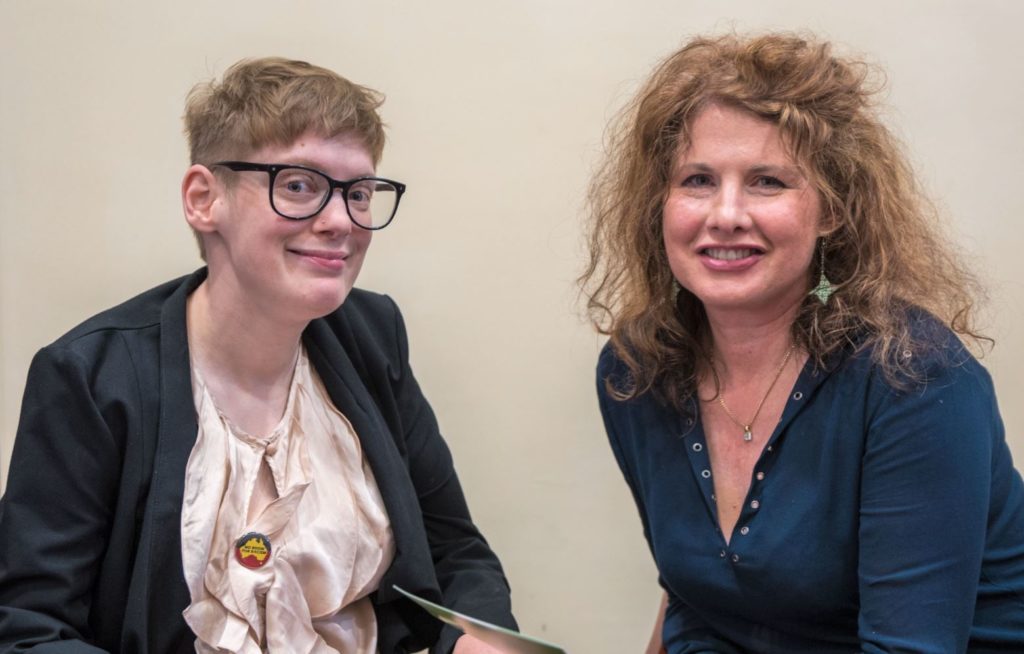
People living with disabilities, their families and carers are ‘not surprise’ by the death of Ann Marie Smith in her Adelaide home, an online study reveals.
The online survey of 136 people in South Australia’s disability community was conducted by Dr Betty-Jean (‘BJ’) Dee-Price, a researcher in disability health and education, and Flinders University’s representative on the.
The report – A South Australian woman dies from long-term abuse and neglect: A disability community response – has been presented to SA Premier’s office, and Dr Dee-Price hopes it will ensure the disability community has a voice in shaping improvements for the disability sector, so that similar incidents of neglect are not repeated.
Shockingly, more than one-third of the people who responded to the survey say they were not surprised that such an awful death occurred as the Ann Marie Smith incident.
Drilling further into this issue, almost 60% of recipients believe the problem of people receiving care being harmed physically or mentally by people responsible for their care occurs often.
The death, which is linked to long-term abuse and neglect, drew harsh criticism from those surveyed, as well as a number of recommendations to improve the troubled sector.
“There were comments made by respondents indicating their knowledge of ongoing poor care and abuse for people with disabilities and in aged care,” says Dr Dee-Price.
“This is alarming, but the recipients go on to suggest what might be done to prevent poor care in the future.”
Dr Dee-Price’s investigation began as a Facebook survey post to capture responses of the disability community, to be used in various advocacy platforms in which Dr Dee-Price participates.
“I hoped the survey would receive around 20 responses, but within a few hours of posting there were more than 60 detailed responses,” says Dr Dee-Price.

The survey remained open for 48 hours and obtained 136 detailed, high quality responses from mostly people with lived experience of disability, prompting Dr Dee-Price to formally publish these findings as independent research.
More than 85% of respondents believe SA needs a disability commissioner, commenting that such a commissioner needs “qualities focused on human rights, social justice, and empathy” and is “someone with the strength to hold their ground and drive change”.
Clear themes emerged from the survey, having implications in three areas:
- Broad Governance – with strong calls for over-arching safeguards and better co-ordination between the South Australian State Government and Federal Government systems. This involves improved systems of accountability where Government Departments, State and private service agencies must report on standards, audits and evaluation.
- Service provision – highlighting a need for greater accountability of service providers in both care support and health/allied health services. More effective recruitment of staff trained and personally orientated towards care work, and employing people not just doing a job but truly caring, were frequently emphasised comments.
- Community awareness/development – with recommendations for building stronger communities and increasing disability awareness.
“If a positive step forward could be made on behalf of Ann Marie Smith, it would be that the experiences of poor care and abuse, as captured in the descriptions of the survey respondents, might be addressed,” says Dr Dee-Price.
“The thoughtful and generous recommendations made by the people who responded to the survey provide a strong beginning.”
Read the full report here:






